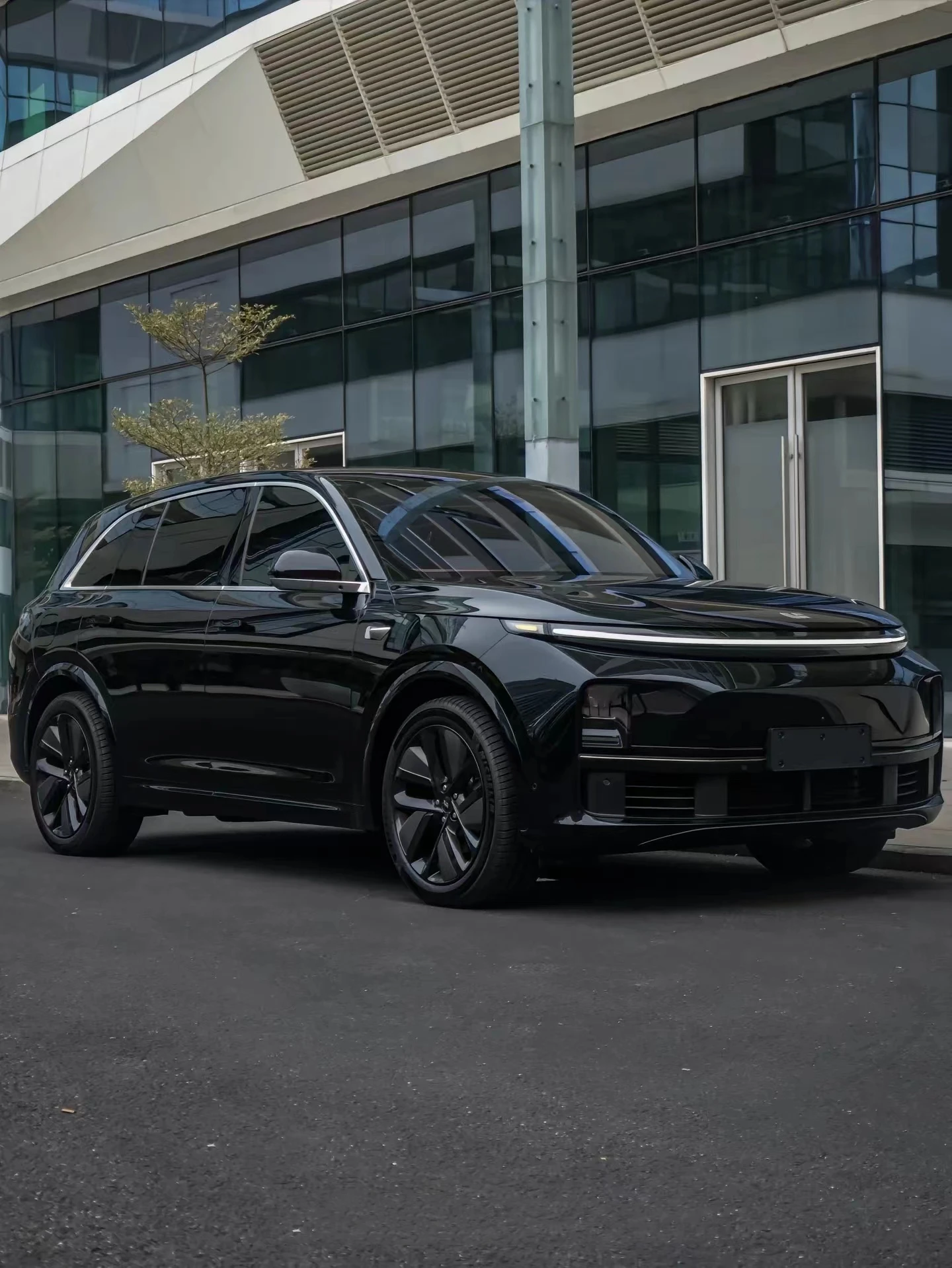wheel loader for sale
Exploring Wheel Loaders for Sale A Comprehensive Guide
When it comes to heavy machinery, wheel loaders stand out for their versatility and efficiency. Used in various industries, including construction, mining, and agriculture, these machines are essential for moving materials on worksites. For contractors and business owners looking to enhance their operations, purchasing the right wheel loader can significantly impact productivity. In this article, we will explore the key features to consider when searching for wheel loaders for sale, various models available in the market, and tips for making a successful purchase.
Understanding Wheel Loaders
Wheel loaders, also known as front-end loaders, come equipped with a bucket on the front and are capable of scooping, lifting, and transporting different materials such as dirt, gravel, and debris. The wheel-based design of these machines allows them to move quickly across various terrains, making them ideal for construction sites and agricultural fields. Their versatility is further enhanced by the ability to interchange attachments, including forks, hydraulic hammers, and snow plows, thus expanding their functionality beyond mere material handling.
Key Features to Look For
1. Operating Capacity One of the primary considerations when purchasing a wheel loader is its operating capacity, defined as the maximum weight the loader can lift safely. Buyers need to evaluate their specific needs, whether it's handling lightweight materials or heavier loads, to choose a loader with appropriate capacity.
2. Engine Power The engine is the heart of any wheel loader. Look for machines with powerful engines that can handle demanding tasks while offering fuel efficiency. The horsepower rating, typically ranging from 50 to over 500, indicates the loader's ability to perform strenuous operations.
3. Maneuverability and Size Depending on the site layout and space constraints, the size and maneuverability of the wheel loader are crucial. Compact models are perfect for tight spaces, while larger models are beneficial for open areas where weight and power can be fully utilized.
4. Operator Comfort and Safety Modern wheel loaders come equipped with advanced operator cabins designed for comfort and safety. Features such as climate control, ergonomic seating, and excellent visibility can greatly enhance operator performance and reduce fatigue.
5. Maintenance and Reliability Before making a purchase, consider the machine’s maintenance history and reliability. Opt for brands known for durability and ease of maintenance to minimize downtime and repair costs.
Types and Models of Wheel Loaders
The market offers a wide variety of wheel loaders, each tailored for specific tasks
. Here are some prominent typeswheel loader for sale

- Compact Wheel Loaders These smaller machines are perfect for urban jobsites where space is limited. They are highly maneuverable and can navigate through tight spaces while offering excellent lifting capability.
- Standard Wheel Loaders The most common type found in construction and agriculture, standard wheel loaders provide a balanced mix of power, durability, and versatility, suitable for a variety of applications.
- Large Wheel Loaders Designed for heavy-duty jobs, these machines deliver maximum power and capacity. They are typically used in mining and quarry operations, where they can handle massive loads and challenging conditions.
- Electric Wheel Loaders With a growing trend towards sustainability, electric wheel loaders are gaining popularity. They offer lower operating costs and reduced emissions, making them an eco-friendly choice for environmentally conscious businesses.
Tips for Purchasing Wheel Loaders
- Research and Comparison Conduct thorough research on different brands and models. Compare features, performance, and pricing to ensure you find an option that fits your budget and needs.
- New vs. Used Decide whether to purchase a new or used wheel loader. New machines come with warranties and the latest technology, while used machines may provide significant cost savings. Ensure to inspect any used loader for wear and tear and obtain its service history.
- Evaluate Financing Options Many buyers turn to financing to manage cash flow. Explore different financing options, including loans, leasing, or rental agreements, to find the most suitable financial plan for your budget.
- Professional Consultation If you’re uncertain about which wheel loader to choose, seek advice from industry professionals or consult with dealers who specialize in heavy machinery.
Conclusion
Finding the right wheel loader for sale requires careful consideration of various factors, including capacity, engine power, and operator comfort. By understanding the different types of loaders available and evaluating your specific needs, you can make an informed decision that will benefit your business in the long run. Whether you opt for a compact model for smaller projects or a large machine for heavy-duty tasks, the wheel loader will undoubtedly enhance your operational efficiency and productivity on the job site.
-
SINOTRUK HOWO 84 Electric Dump Truck for Eco-Friendly Heavy HaulingNewsJul.26,2025
-
The Fast 16-Gear Manual Transmission Assembly for Heavy TrucksNewsJul.25,2025
-
Mercedes Benz Actros 1848 42 Tractor Truck for Sale - Reliable PerformanceNewsJul.24,2025
-
High-Quality Water Pump Assembly for Sinotruk Trucks – Durable & ReliableNewsJul.23,2025
-
Premium Truck Engine Antifreeze Coolant Fluid for Heavy Duty VehiclesNewsJul.22,2025
-
FOTON View G7 Mini Bus: Affordable & Spacious TransportNewsJul.22,2025
Popular products

























